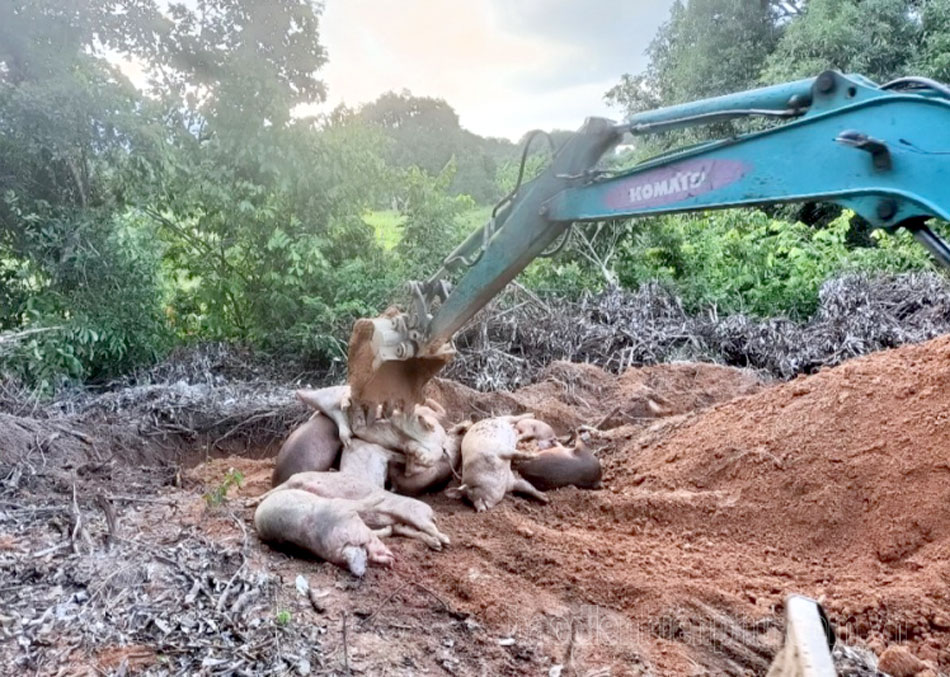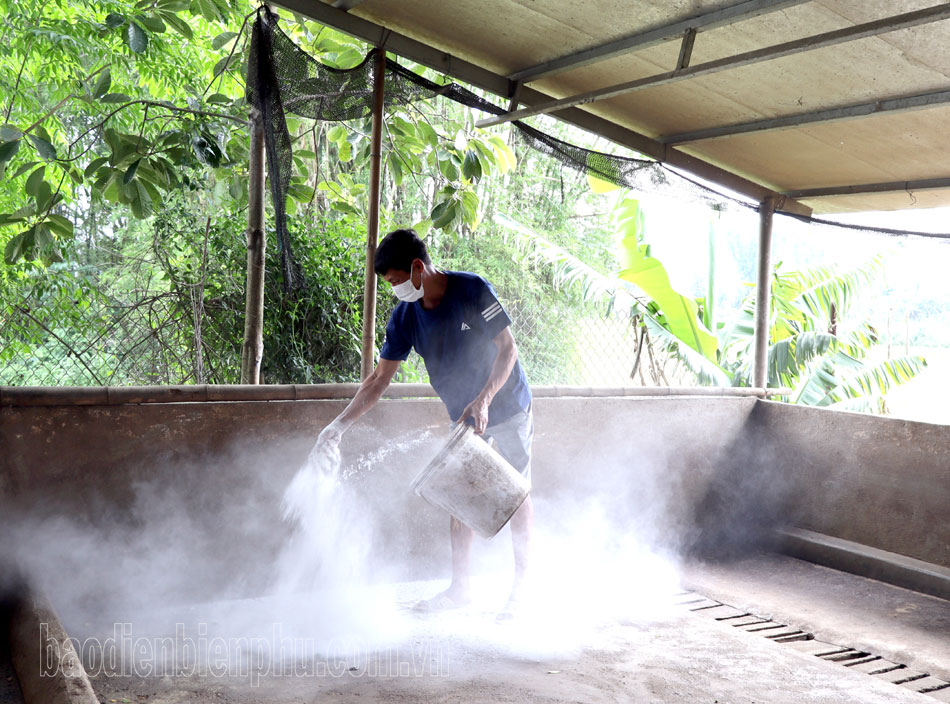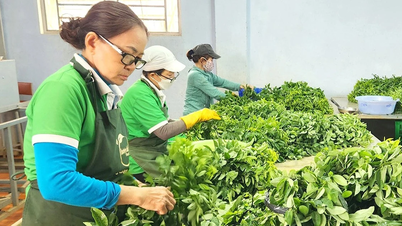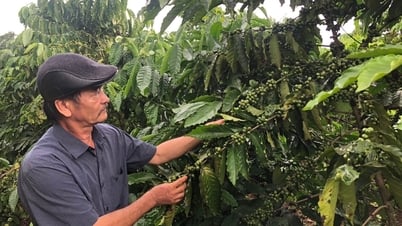
According to the Vietnam Animal Disease Information System (VAHIS), from the beginning of 2024 to now, African swine fever has occurred in 5,373 households of 1,429 villages and hamlets in 498 communes of 156 districts in 41 provinces and cities nationwide, forcing the destruction of over 26,400 animals. Foot-and-mouth disease has occurred in 44 communes of 13 provinces and cities; 34 provinces and cities have detected animals suspected of being infected with rabies with 45 human deaths; over 60 communes of 9 provinces have had lumpy skin disease; avian influenza has occurred in 7 provinces, forcing the destruction of over 12,000 poultry, in particular, 1 person died from infection with avian influenza A/H5N1 virus and 1 person infected with avian influenza A/H9N2 virus.
In Dien Bien , since the beginning of the year, African swine fever has occurred in 69 households of 31 villages in 11 communes, wards and towns in 5 districts and towns (Dien Bien, Tua Chua, Muong Nhe, Muong Cha, Muong Lay town), forcing the destruction of 312 pigs with a total weight of 15,148 kg. Dien Bien district has the most destruction with 241 infected pigs in 6 communes. Foot and mouth disease has occurred sporadically in 11 communes of 4 districts; rabies has occurred in 5 districts with 10 dog samples testing positive for rabies virus and 1 person in Muong Nhe died from being bitten by a rabid dog. The livestock and poultry herds in the province are quite large, but the form of livestock farming is generally small-scale; If drastic measures to prevent and control epidemics are not implemented, the risk of disease entering livestock and poultry will be very high, affecting food supply, people's health and the living environment.
As soon as African swine fever recurred, Dien Bien district directed specialized agencies and commune authorities to implement solutions to isolate and contain the epidemic to prevent it from spreading. Within more than 1 month from the first household with pigs dying from African swine fever, the disease spread to 35 households in 18 villages and hamlets of 4 communes. When the disease was detected, the households reported to the authorities and disinfected and sprinkled lime powder in and around the farming area according to the instructions of veterinary staff, but the disease still spread. With the herd of pigs about to be sold infected with African swine fever, they had to be destroyed, causing great losses to the farming households.
The Department of Animal Health ( Ministry of Agriculture and Rural Development ) said that the increase and rapid spread of African swine fever in localities across the country in recent times is partly due to the lack of intra-provincial quarantine, while small-scale slaughter accounts for the majority, and there are very few centralized slaughterhouses. The current provincial and district veterinary system is very loose, merged into the agricultural service center, and does not ensure resources for disease prevention and control. African swine fever outbreaks mainly occur in small-scale livestock households, buying floating, unknown-origin breeds, and poor barn hygiene. Some localities still hide the epidemic, report the epidemic slowly; farmers sell well, slaughter sick pigs, suspected of having the disease, and even dump dead pigs, causing environmental pollution.

In order to prevent livestock and poultry diseases in a timely manner, minimizing negative impacts on production, the lives of livestock farmers and people's health, the Provincial People's Committee has requested districts, towns, cities, and specialized agencies to focus on synchronous, drastic, and effective implementation of solutions to prevent livestock and poultry diseases. Focus on propaganda to raise people's awareness and responsibility about the risk of disease outbreaks and disease prevention measures. Mobilize legal resources to monitor diseases to villages and hamlets; promptly detect, prevent and strictly handle cases of buying, selling, transporting sick animals, and dumping dead animals that spread diseases and pollute the environment. Implement vaccination for livestock and months of sanitation, disinfection, and detoxification of livestock environments...
Disease control and prevention of disease spread must be done first among livestock farmers. As soon as infected livestock are detected, in addition to reporting to the authorities, livestock farmers must take measures to prevent and control the disease and extinguish the outbreak when it is limited. Avoid wasting effort buying, selling, and transporting livestock to other places, which will make the disease spread quickly, widely, and be difficult to handle. Local authorities and specialized agencies should research and mobilize resources to support livestock farmers who have suffered losses due to the disease.
It is necessary to synchronously, drastically and effectively implement solutions to prevent and control epidemics in livestock and poultry right from the outbreak, to prevent the disease from spreading and becoming difficult to control.
Source: https://baodienbienphu.com.vn/tin-tuc/kinh-te/216285/quyet-liet-phong-chong-dich-benh-gia-suc-gia-cam

























































































Comment (0)